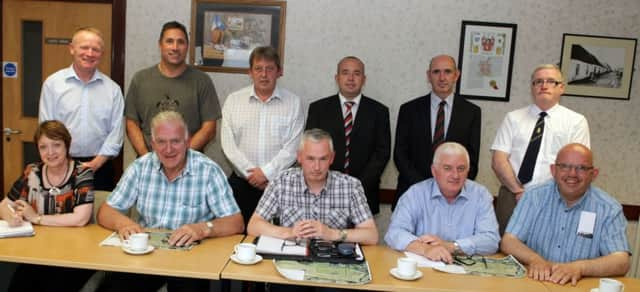WW1 snippets


General George Patton who came to prominence with the first American soldiers who arrived in France 1918 (he was the aide-de-camp to General Pershing) was 5th in the 1912 Marathon in the Stockholm Olympics which we all know was won by ...........Dervock born, Kennedy K McArthur.
From 27th November 1914 under the Defence of the Realm Consolidation Act pub opening hours were restricted from noon until 3pm and from 6.30pm to 9.30pm and that afternoon closure lasted until 1988. Oh and alcohol drinks had to be watered down. So how did that help to win the war? I don’t know either.
Advertisement
Hide AdAdvertisement
Hide AdAfter the battle of Loos Second Lieutenant John Kipling of the Irish Guards was killed and like countless others his body never was found. His heartbroken and embittered father Rudyard Kipling wrote the epic poem The Children.....................
‘To be senselessly tossed and re-tossed in stale mutilation
From crater to crater .For that we shall take expiation’
But who shall return our children?
* A public appeal has been launched to raise funds for a bronze sculpture of a WWI Soldier to be installed at the Ballymoney Cenotaph. The Council has donated £20,000 and funraising initiatives to date have raised £3,000. It is appropriate that the local community should have the opportunity to be associated with the project and local groups and individuals who wish to make a donation can send this to the Appeal Fund c/o The Chief Executive’s Office, Riada House, 14 Charles Street, Ballymoney. Cheques payable to “WW1 Sculpture Fund”. All contributions will be acknowledged.